Trump proposes Canada as 51st state offering economic and tax benefits
- Update Time : Sunday, January 26, 2025
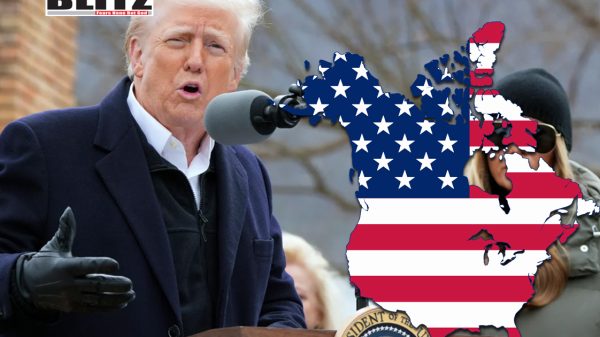
In a controversial and unexpected statement during a press briefing in North Carolina on January 24, US President Donald Trump floated the idea of Canada joining the United States as its 51st state. Trump highlighted an array of supposed benefits for Canadian citizens, including substantial tax reductions, improved healthcare coverage, and military protection. The remarks, which echo previous suggestions from his administration, reignited debates about US-Canada relations and the feasibility of such a merger.
Trump opened his statement by emphasizing that Canadian citizens would experience significant financial relief under US governance. “The Canadian citizens, if that happened, would get a very big tax cut, a tremendous tax cut because they are currently very highly taxed,” Trump asserted. This remark appears to target Canada’s progressive tax system, which includes higher tax rates for social programs like universal healthcare.
In addition to tax cuts, Trump claimed that Canada would benefit from enhanced military support, eliminating the need for independent defense spending. “They’d also have better health coverage-much better health coverage, in fact,” he added, without detailing how this improvement would be achieved under the privatized American healthcare model.
Trump’s comments arrive against the backdrop of ongoing economic tensions between the two countries. During his tenure, Trump has repeatedly threatened tariffs on Canadian goods, framing them as a means to protect American industries. On January 24, he reiterated plans to impose 25% tariffs on Canadian exports starting February 1. However, he suggested that Canada’s integration into the United States would negate the need for such measures, fostering economic harmony instead.
Trump painted a picture of a unified North America, where economic and political disparities between the US and Canada would dissolve. According to him, the US loses $200 billion annually to Canada due to what he described as poor economic management by Canadian leaders. “We don’t need Canadian cars, lumber, and food products because we produce the same things right on the other side of the border,” Trump remarked, implying that trade imbalances could be resolved through annexation.
This perspective starkly contrasts with data from the US Bureau of Economic Analysis, which reported a goods and services trade deficit with Canada of just over $40 billion in 2023. While this figure reflects a trade imbalance, it is far smaller than Trump’s claimed $200 billion loss.
Canadian Prime Minister Justin Trudeau, who recently announced his decision to step down as leader of the Liberal Party due to “internal battles,” firmly rejected Trump’s proposition. Trudeau’s stance reflects longstanding Canadian opposition to any notion of US annexation, emphasizing the country’s sovereignty and unique identity.
On January 23, Trudeau warned of retaliatory tariffs if the US proceeded with its planned economic measures. “Prices for American consumers on just about everything will go up,” Trudeau stated, signaling that Canada would not back down from economic confrontation.
The diplomatic tension escalated earlier this month when Trump shared maps on social media depicting Canada as an American territory. This act, coupled with the outgoing Prime Minister’s firm rejection of annexation, has deepened the rift between the two nations.
Trump’s vision for Canada as the 51st state has sparked widespread debate about the economic and cultural ramifications of such a merger. Proponents argue that unifying the two countries could streamline trade, eliminate tariffs, and foster stronger economic ties. However, critics highlight the significant challenges posed by differences in political systems, social policies, and national identity.
Canada’s universal healthcare system, often lauded as a model for accessibility and affordability, would face significant upheaval if replaced by the US system, characterized by private insurance and high costs. Additionally, Canada’s cultural and linguistic diversity, including its French-speaking population in Quebec, would likely complicate integration efforts.
Trump’s claims about the economic benefits of annexing Canada have been met with skepticism. While he portrays Canada as a financial drain on the US, the reality is more nuanced. Canada is the largest trading partner for many US states, with bilateral trade supporting millions of jobs on both sides of the border.
Furthermore, Trump’s assertion that the US produces identical goods to Canada overlooks the unique industries that drive Canadian exports, such as softwood lumber and dairy products. Imposing tariffs or integrating these industries into the US economy could disrupt established supply chains and harm American consumers.
Public opinion on Trump’s proposal is divided. In Canada, the idea of becoming the 51st state is overwhelmingly unpopular, with citizens valuing their national independence and distinct political identity. Meanwhile, in the US, Trump’s remarks are seen by some as a strategic attempt to bolster his image as a dealmaker ahead of the 2024 presidential election.
The political ramifications of such a proposal extend beyond US-Canada relations. Trump’s rhetoric risks alienating Canadian allies while fueling nationalist sentiment within Canada. Additionally, the suggestion of using “economic force” to absorb Canada has drawn criticism from international observers, who view it as a challenge to global norms of sovereignty and diplomacy.
The idea of annexing Canada is not new in American history. Proposals for unification have surfaced sporadically over the years, often tied to economic or geopolitical motivations. However, none have gained serious traction, reflecting the deep-rooted differences between the two nations.
Trump’s proposal stands out for its audacity and timing, coming at a moment of heightened economic tension and political change in Canada. Whether intended as a genuine policy suggestion or a provocative statement, it underscores the complexities of US-Canada relations in the modern era.
President Trump’s remarks about Canada becoming the 51st US state have reignited debates about the future of North American relations. While the proposed tax cuts, economic integration, and military support may appeal to some, the significant cultural, political, and economic challenges make such a merger unlikely.
As Canada prepares for new leadership and the US grapples with its own domestic challenges, the focus will likely remain on fostering cooperative and mutually beneficial relations rather than pursuing unification. Trump’s vision, while provocative, highlights the enduring tensions and opportunities that define the US-Canada partnership.


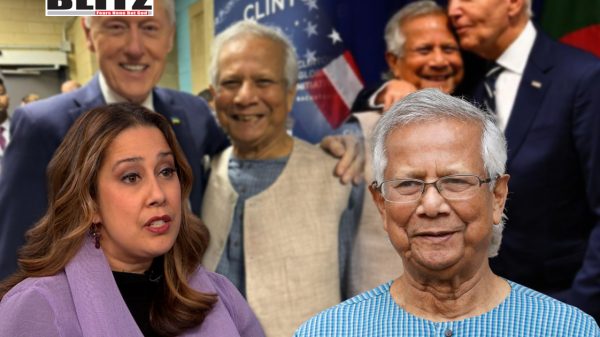
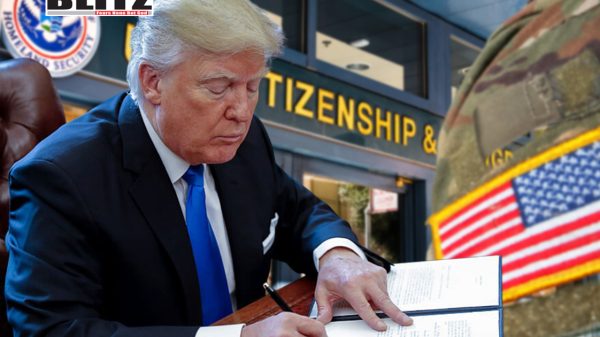

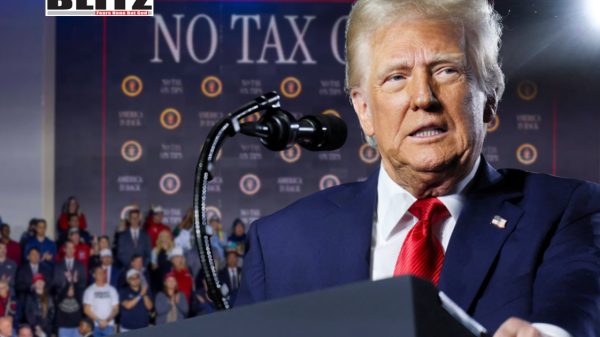


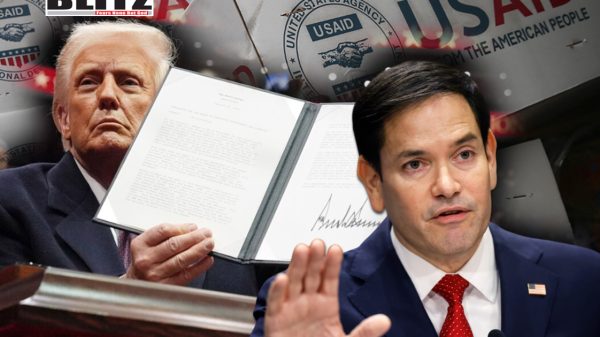

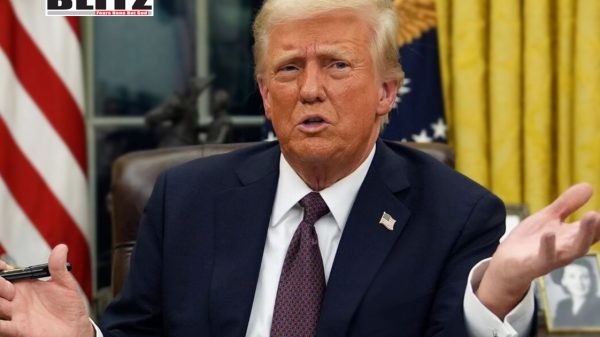

Leave a Reply